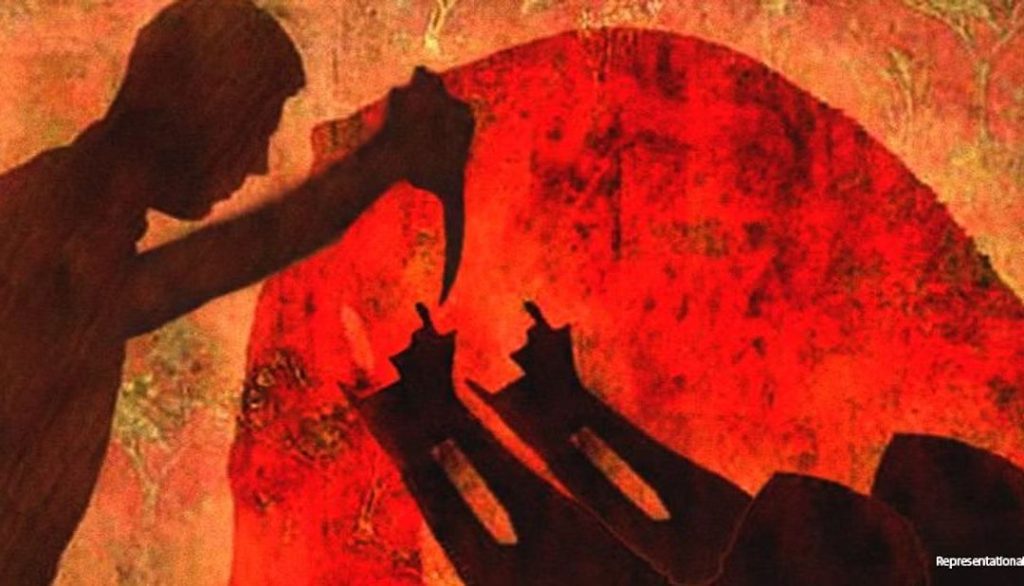The serene landscape of Balochistan, with its mountains and desert ranges, often hides a dreadful silence. A silence so haunting that not even a woman’s spilled blood can disturb it. Here, ‘ghairat/honour’ is no longer just a word. It has become a legal license for men who, in the name of protecting their ego and respect, sacrifice the lives of their women.
Every time there is an honor killing, like the recent case of Bano Bibi, who was murdered by her brother in Deghari, the pattern is predictable. The media sensationalizes it, the state delivers a few statements, and then everything returns to silence. The cycle repeats itself, untouched by justice or change.
But this cannot be understood as a one-time tragedy. It is part of a long, painful chain of crimes. From Qandeel Baloch, killed by her own brother for not conforming to his standards, to the brutal killing of 17-year-old Sidra in Rawalpindi, where a local jirga decided her fate for choosing love over control, these killings are not isolated bursts of hate. They are part of a systemic femicide, where culture, silence, and legal failure work together to erase women.
The state’s response has always been split in two. On one hand, there is public condemnation. On the other, there is complicity in maintaining the very structures that allow such killings to happen. When Baluchistan’s Chief Minister, Sarfaraz Bugti, felt the need to mention in his press conference that the victims were not married to each other, it was not only irrelevant, but deeply problematic. When even after death, a woman’s worth is judged by her relationships rather than her humanity, the message is clear: being a woman is not enough to deserve justice.
This narrative must be dismantled. If we keep centering the victims’ personal lives instead of the crime committed, we will continue to shift blame away from the perpetrators and the state. The problem is not just that honor killings exist. The real problem is that this culture has become institutionalized with the help of the state. When tribal jirgas, weak policing, and selective media outrage work in coordination, justice is not just difficult instead, it becomes almost impossible. In places like Baluchistan, where law enforcement is already fragile, mere survival for a woman becomes an act of resistance.
People often defend such crimes as part of their cultural values. But when culture is used as a shield against basic humanity, it becomes an extension of colonial thinking; where indigenous norms are romanticized, and the people living under them are expected to have different standards of human rights.
The murder of a woman is not just her physical death. It is the death of her choices, her voice, and her existence. When officials obsess over her marital status or when the media quickly moves on to the next viral story, it becomes part of the same erasure. Until we redefine what words like respect and honor mean, until we reshape our legal and social institutions around the idea of gender justice, this mindset will never end.
The state’s role cannot stop at policy papers or press conferences. In Pakistan, especially in marginalized regions like Baluchistan, even registering an FIR often depends on whether the case goes viral. And as for convictions? Often, there are none. Unless the state fully gender-sensitizes its judicial and policing systems, and unless jirgas and panchayats are legally challenged for their brutal decisions, femicide will remain an everyday headline that no one remembers.
Civil society also has a vital role to play. But its space is shrinking. With NGOs increasingly dependent on foreign funding, true grassroots activism has become harder. Mainstream media only picks up stories that are visually shocking or easily shareable. If a woman’s life is not dramatic enough to make the headlines, her death becomes invisible.
We must stop treating these killings as isolated scandals and start calling them what they are; a war against women. Justice should not be conditional on virality. Culture should never be used to excuse cruelty. And silence should never be the cost a woman has to pay to live.

